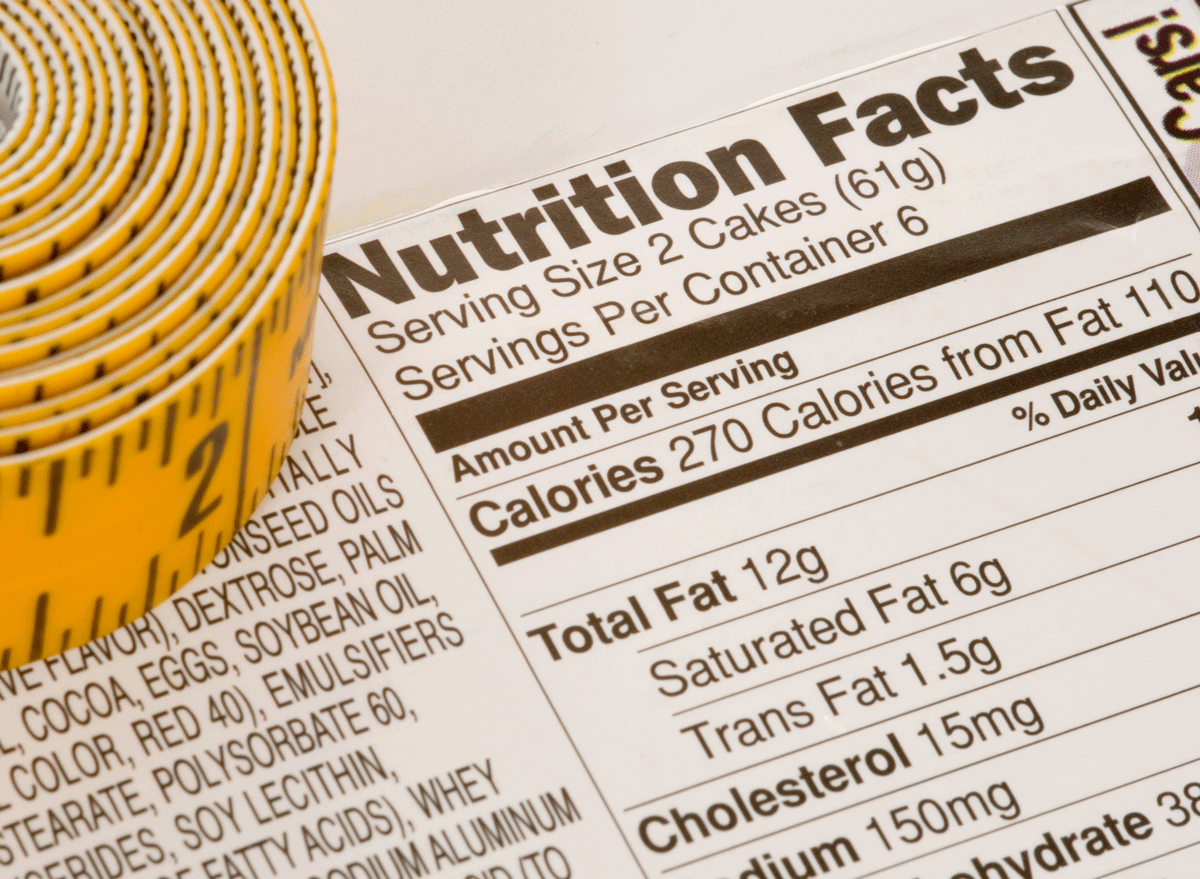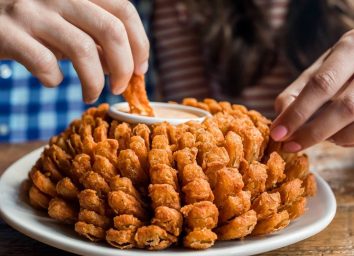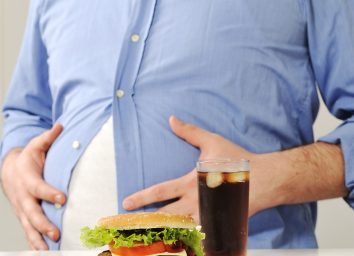Why Some Foods Can Still Have Trans Fats, Even Though They're Banned

Out of all the fats out there, trans fats have been vilified as the worst kind. After all, "trans fats are considered especially risky because they simultaneously lower your protective HDL cholesterol while raising the risky LDL cholesterol," Samantha Cassetty, MS, RD, nutrition and weight loss expert says, adding that studies link these artificial fats to a higher risk of heart disease, stroke, and type 2 diabetes.
In fact, trans fat leads to more than 500,000 deaths of people from cardiovascular disease every year, according to the World Health Organization (WHO). In response, the WHO launched a global initiative called REPLACE, which demands restaurants and food manufacturers to eliminate artificial trans fats, in the form of partially hydrogenated oils, from the world food supply by 2023.
So why are we seeing trans fat on foods' nutrition panels, even though it's banned? Let us explain.
Why do some foods still have trans fats?
"While about 98 percent of artificial trans fats have been removed from our food supply, some manufacturers are still working on finding suitable replacements for these unhealthy fats—though their time is running out, according to government deadlines," says Cassetty. "The FDA currently has ordered food manufacturers to cease production of trans-fat-containing foods as of June 18, 2019 (this is an extension from the original date of June 18, 2018, to allow for product reformulation)," says Maryann Walsh, MFN, RD, CDE. "January 1, 2021, is the final date for these trans-fat-containing products leftover to work their way through distribution."
What's more, there are two different types of trans fats: man-made artificial trans fats and naturally-occurring trans fats. "There are naturally-occurring trans fats that occur in animal products in small amounts, which will likely never be able to be truly banned, and the collective research isn't strong enough yet to state whether or not the trans fats in animal-derived foods are equally as unhealthy or not as detrimental compared to lab-created trans fats," Walsh tells us. In fact, certain naturally-occurring trans fats such as Conjugated Linoleic Acid (CLA) has been shown to aid weight loss, according to a study in the Nutrition journal. Grass-fed meat and dairy are prime sources of CLA.
How do you avoid trans fats in foods?
"If you're focusing on whole foods and limiting processed foods and sugary goodies, you probably don't have to worry about artificial trans fats," Walsh says. "They only exist in a very small fraction of foods, like coffee creamers, stick margarines, vegetable shortening, and possibly some pie shells and refrigerated dough." Cassetty recommends eating a diet rich in plant-based foods such as fruits, veggies, beans, seeds, nuts, and whole grains to avoid all types of trans fats altogether.








